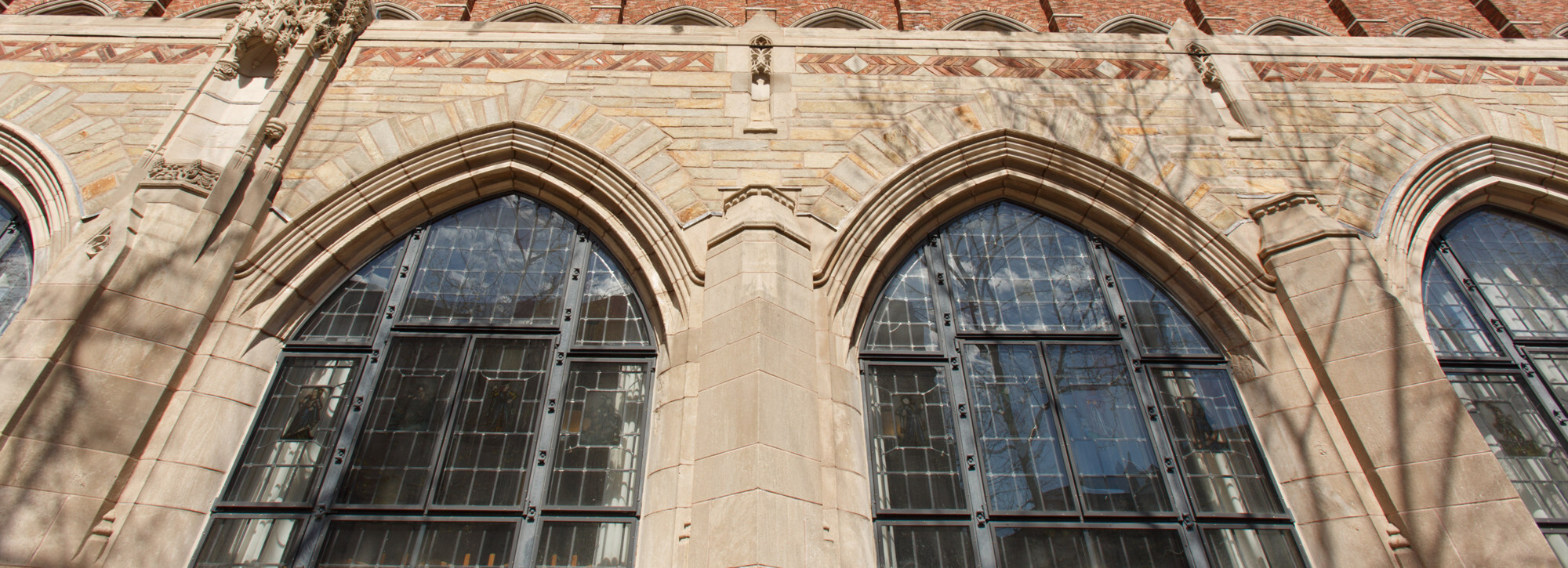About the Fellowship
The Clinical fellowship in the Worker & Immigrant Rights Advocacy Clinic1 (WIRAC) is a two-year position with a third-year option and is designed for lawyers with at least three years of practice who are considering a career in law school teaching. Responsibilities include representing clients, supervising students, assisting in teaching classes, and pursuing a scholarship agenda. Candidates must be prepared to apply for admission to the Connecticut bar (candidates may qualify for admission without examination). All work will be conducted with the support of the clinical faculty and will focus on providing legal assistance to low-income and civil rights clients and organizations.
About the Clinic
WIRAC is a year-long, in-house clinic whose students represent immigrants, workers, and their organizations in litigation under labor and employment, immigration, civil rights, and administrative laws; state and local legislative advocacy; and other non-litigation matters.
Illustrative cases include class action habeas litigation2 challenging the prolonged detention of noncitizens with criminal convictions; nationwide class action litigation3 on behalf of immigrant youth challenging the termination of DACA; habeas, mandamus, and damages lawsuits4 in federal court on behalf of two households in which parent and child were forcibly separated at the southern border; federal civil rights litigation for a noncitizen with disabilities who was mistreated while in ICE custody; representation in immigration court, before the Board of Immigration Appeals, and in federal court of individuals resisting removal or seeking release from custody; representation of recently-arrived Afghan asylum seekers; representation of low-wage workers5 in administrative wage-and-hour and employment discrimination claims, requests for immigration relief, and in federal court on claims of wage theft and racial discrimination; representation of an organization of ride-share drivers in legislative advocacy for improved pay and working conditions; representation of a Connecticut interfaith organization in legislative advocacy to advance “clean slate” legislation to automatically expunge criminal records; and representation of local labor unions and grassroots worker organizations in strategies to enforce collective bargaining agreements, negotiate contracts, organize new workers, and protect the rights of union members under labor, employment, and health & safety laws.
The principal supervisors for the position are Professors Muneer Ahmad6 and Michael Wishnie7.
The current Fellow is Maddy Finucane8. Past WIRAC Fellows include Sara Zampierin9, Reena Parikh10, Ruben Loyo11, Nicole Hallett12, Annie Lai13, Susan Hazeldean14, Ramzi Kassem15, and Chris Lasch16.
